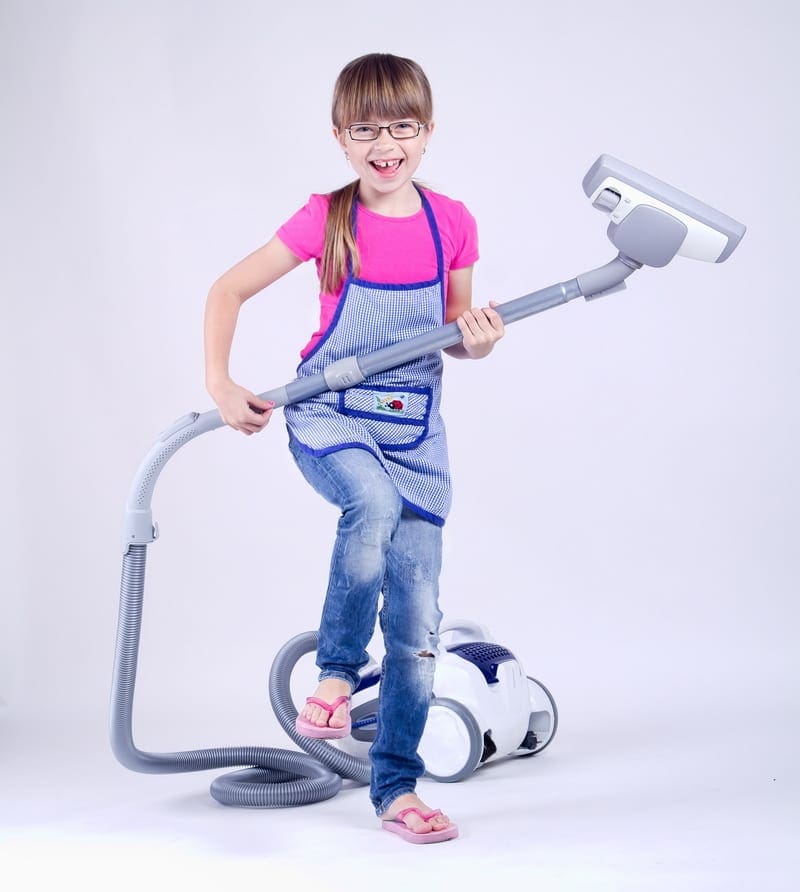As a parent, one is responsible for establishing a foundation of early learning for their child’s development and education. By letting your child lead his or her own self-motivated path in an environment where he/she can feel safe and secure to explore, learn, and grow at their own pace, they will develop emotionally, intellectually and creatively – each according to his/her own strengths.
If your child feels like learning is difficult, and therefore prefers to do something else, this can be troubling for parents because a child might believe that he or she is no good at academics and we know that a child’s self-perception when it comes to their learning abilities can have a lasting mark on his or her academic outcomes. Of course parents need to remember that the world of online advice can often provide emotionally charged perspectives about things ranging from health, politics and parenting. And for legitimate reasons too, but in this case knowledge is power!
Consider how your children will learn best. Do they absorb information better through visual or auditory stimuli? While you shouldn’t expect to be an expert about anything, in order to teach the most effectively, it would be a wise idea to learn as much about their personality type and practice patience throughout this very important phase of your child’s life.
In the end, it’s up to you as a parent to decide if you’d like your child to participate in early learning activities. You need to be ready for “do it” or “don’t do it” conversations with other parents so that you can come to similar conclusions, because there is no one-size-fits-all answer.
In doing your research, you will find that many of the early learning experts say that they don’t believe in teaching skills “out of order” and when it comes down to how intelligent a child is or what lessons they’re being taught, they all say you can work with him or her on improving these areas.
They believe that a young child would not understand until their brain is developed to grasp what they are being taught. And the information trashing this claim is quite easy to find in books and on the internet if you care enough to look for it. But some people give examples of children all over the world who have learned amazing things at a very early age, many solving algebraic equations at two years old!
The experts say that along these same lines, no matter how hard your child might try to learn something at a younger age, they are likely to forget most of it as they become older. This means that all of the early learning time you spent together will have perhaps been for nothing when it comes down to getting a considerable knowledge-base built up over time.
Apparently, some child-rearing experts believe that all early learning is a waste of time. Why commit to and invest in education when these children will ultimately forget what they have been taught?
Many other experts argue that children who are exposed to more learning earlier on are likely to retain more information than they would later in life. Experts have concluded from this that this is the main reason why older children have problems with retaining what they learn. In order for parents to help their children achieve early learning, parents can do all they can to encourage them to do so at a younger age.
Many people are anti-children being taught from such a young age. Some even say it harms them by robbing them of their childhoods. They feel that children should be kids for as long as possible, not learning about science and math at the early stages of their lives. Others believe that children should learn about childlike activities like playing with baby dolls and construction trucks, things that will empower them later on in life.
Many people believe in having fun at all times. They believe that if you can find a way to tap into your child’s creative energy, not only will you stimulate their brain, but it’ll also provide for hours of fun and learning with the parent as teacher. It’s up to you to decide how early you want to start this lifelong process of learning. Remember: the sooner the better!











